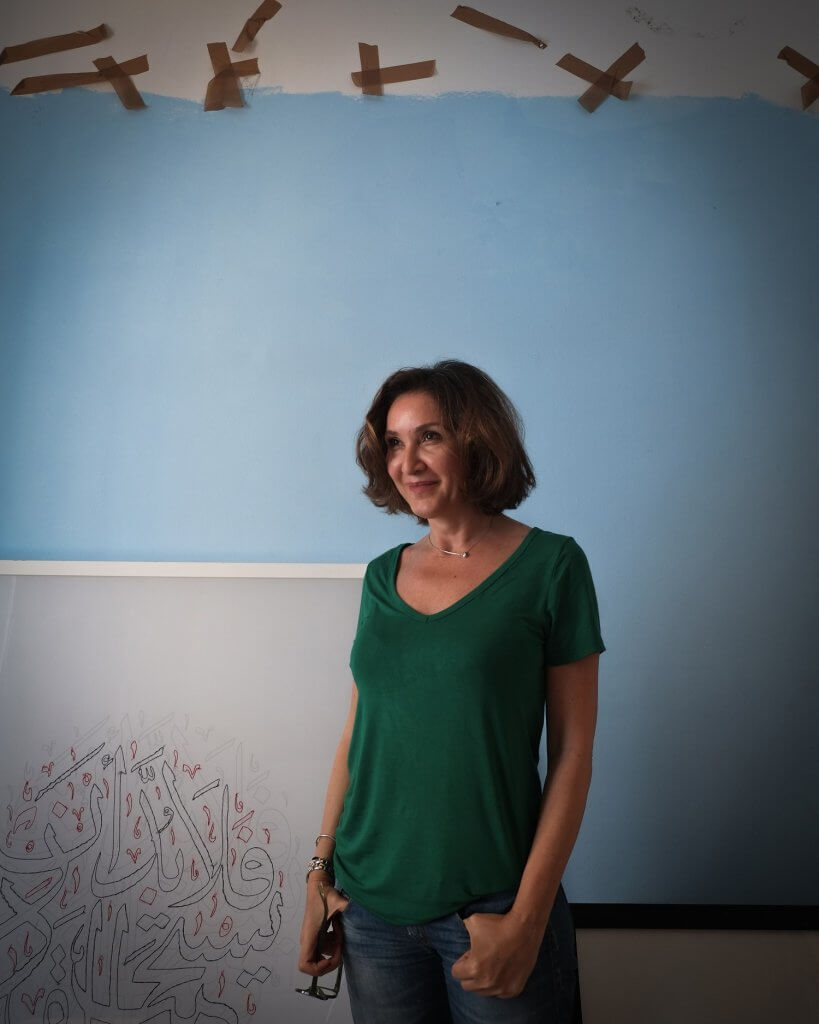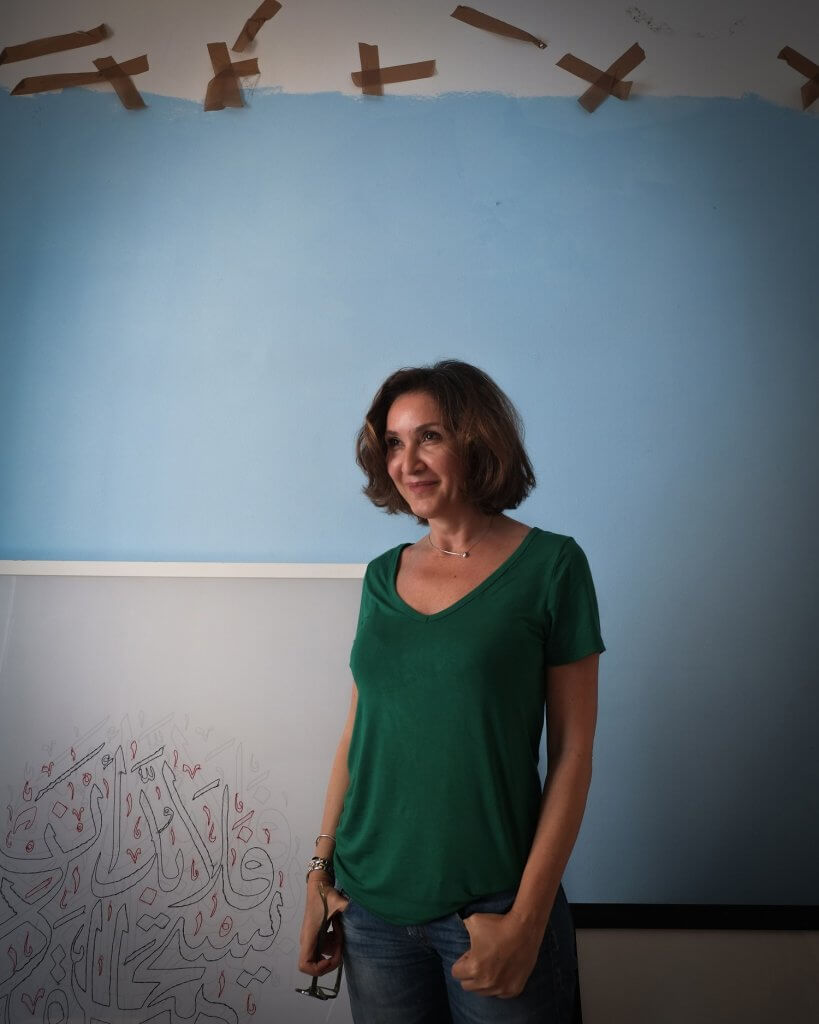

Today, however, most of her photographs and installations deal with the stakes of memory. Identity and marginal communities are recurrent themes in her work.
What drives her to keep going?
She was able to learn a lot from the amazing people that she met. Especially those she met in the most disadvantaged areas and marginalized circles. These encounters made her go beyond all kinds of prejudices and exceed her own limits.
She has just finished a project that features women refugees in London and she expressed that she is deeply grateful for the lessons of courage and humility that she gleaned from them. Things like that are what drive her to keep going.
What legacy/mark does she want her work to leave?
In hindsight, Hela says she developed an approach over time through the meetings and around the issues she cares about. She was able to express herself through different media like photography, videos, and installations. No particular medium or aesthetic embarrassed her and the choice of medium is still dictated by the content of the message she intends to deliver. Beyond leaving a legacy, she wants her work to always inspire reflection and questioning.
Follow Héla Ammar on Instagram and Twitter.
See the full list of 21 African Women Channeling New Narratives In The Creative Industry.
